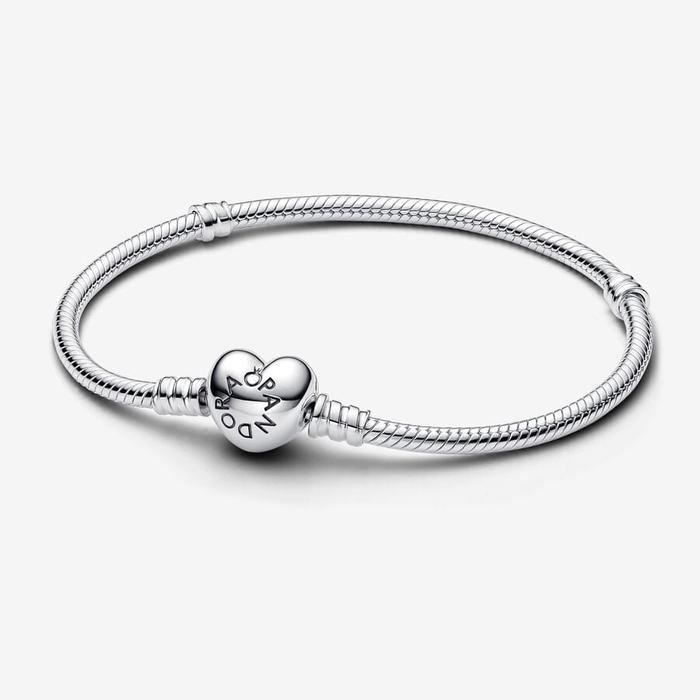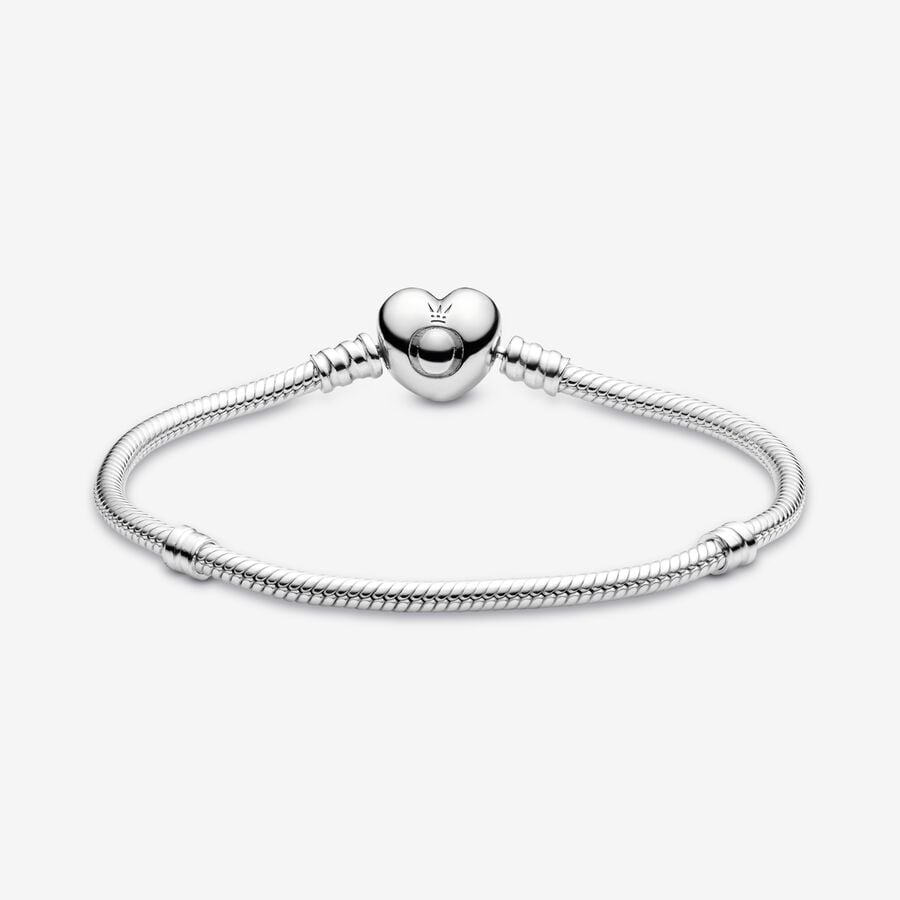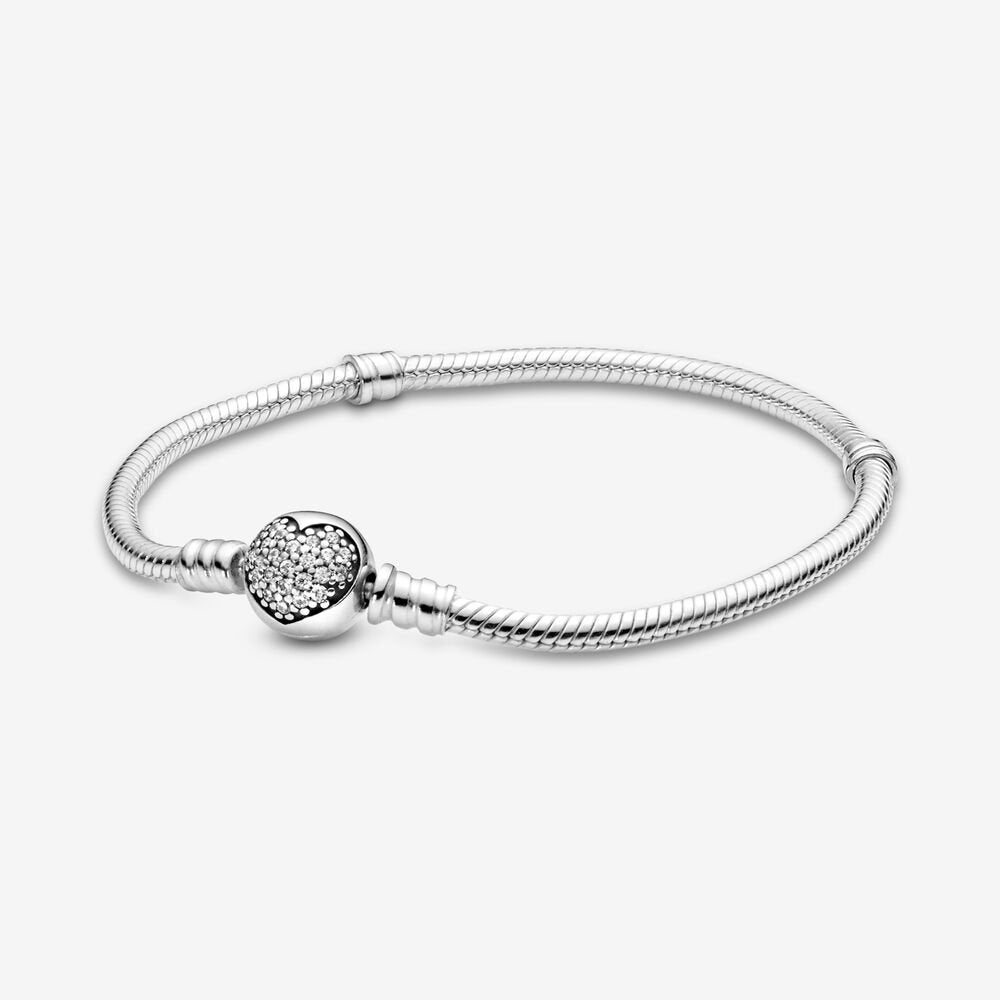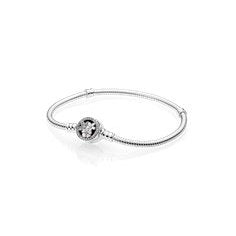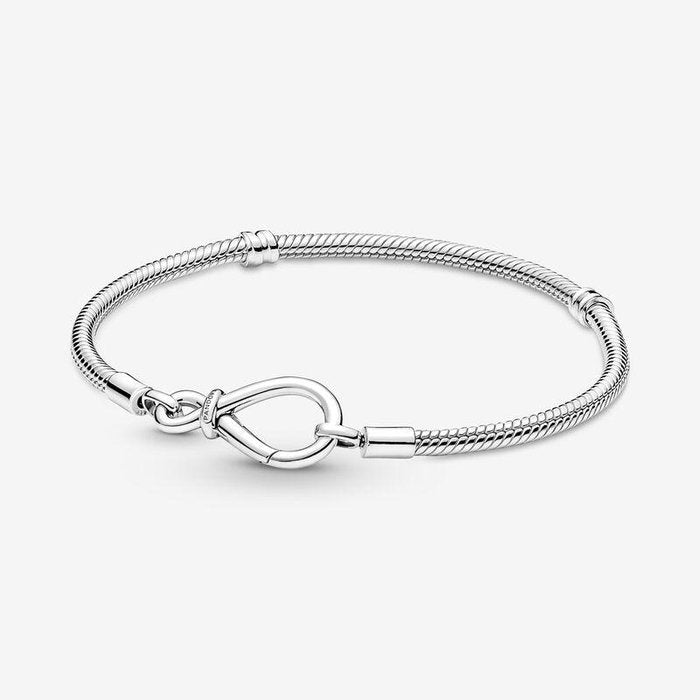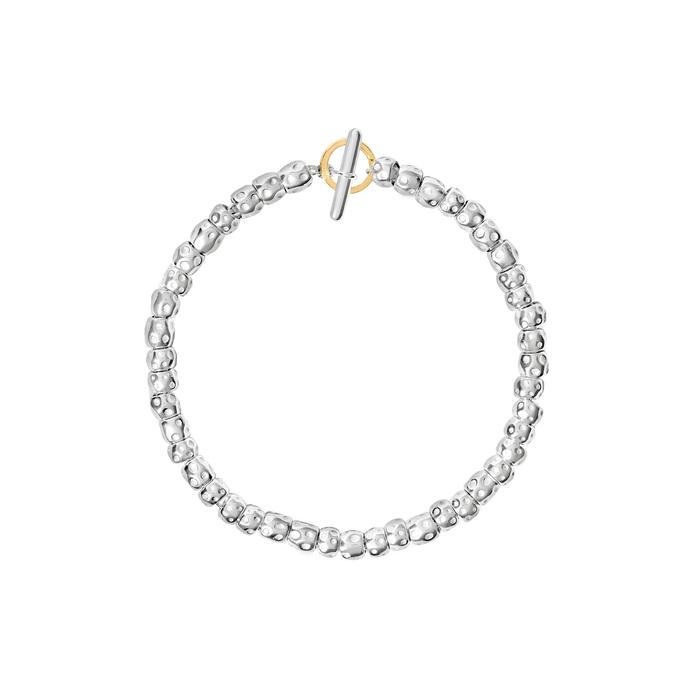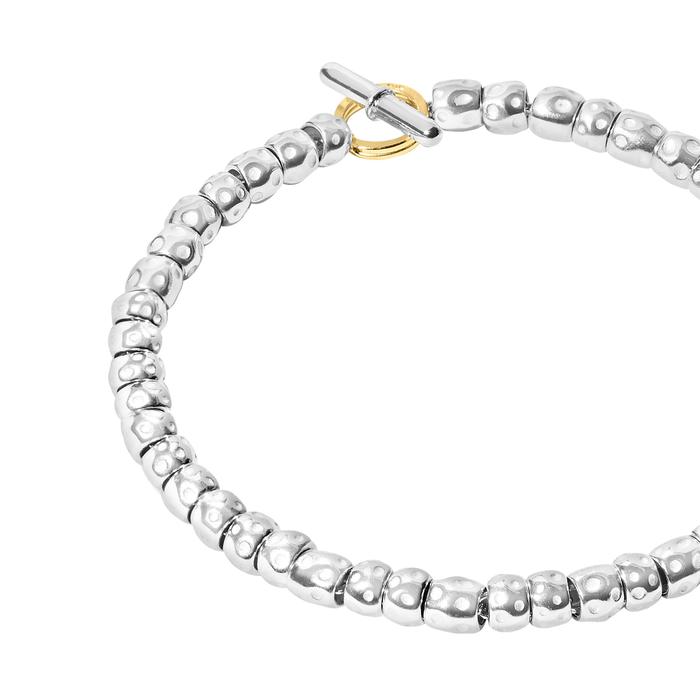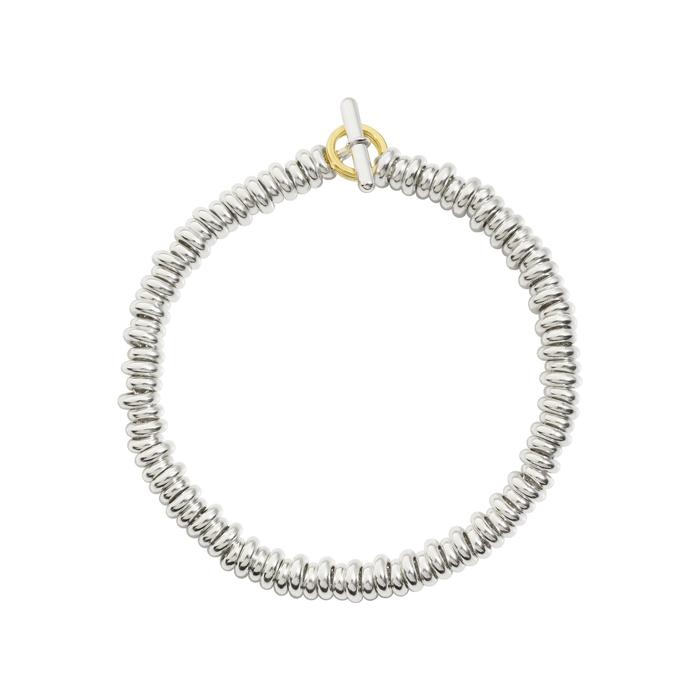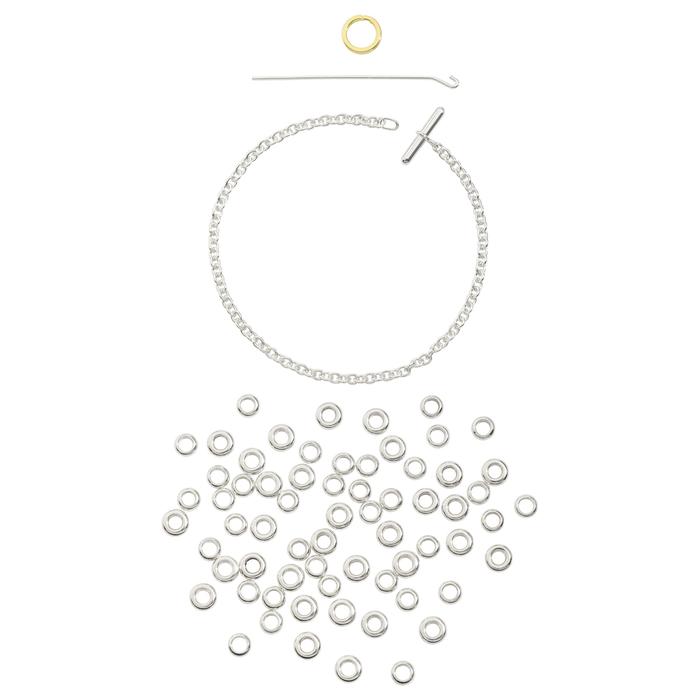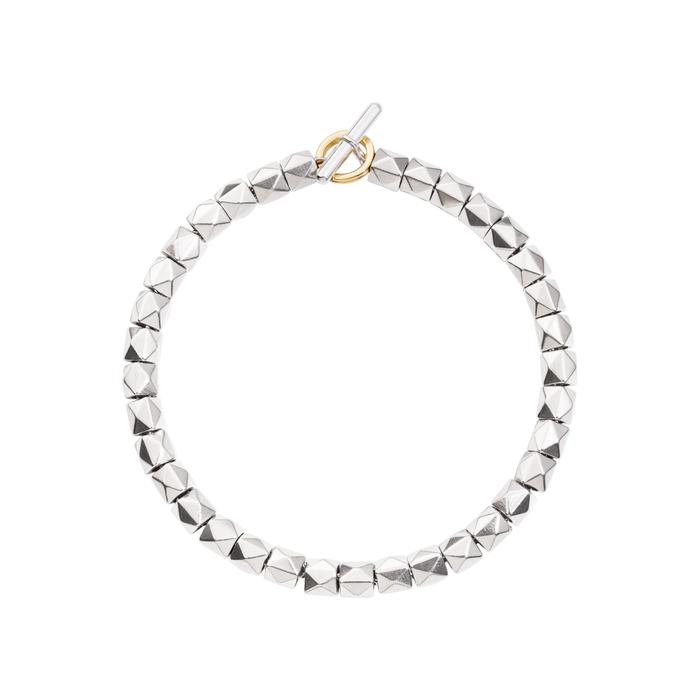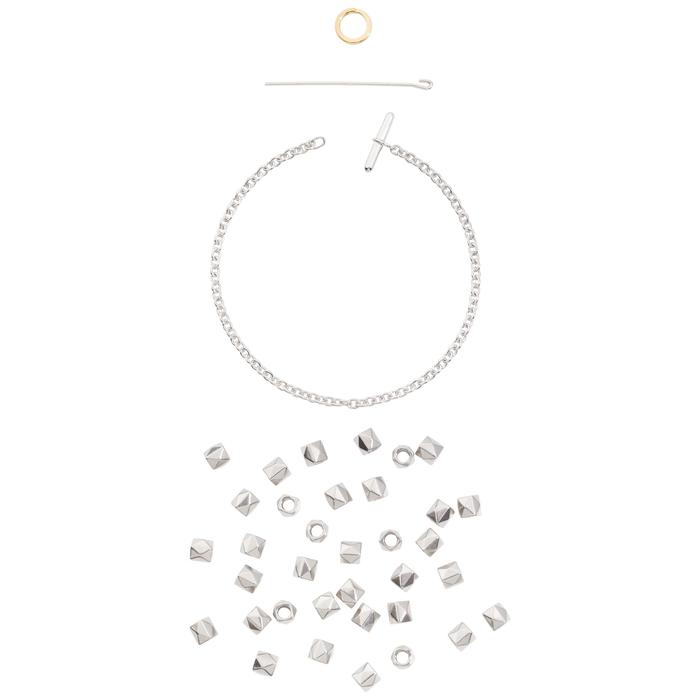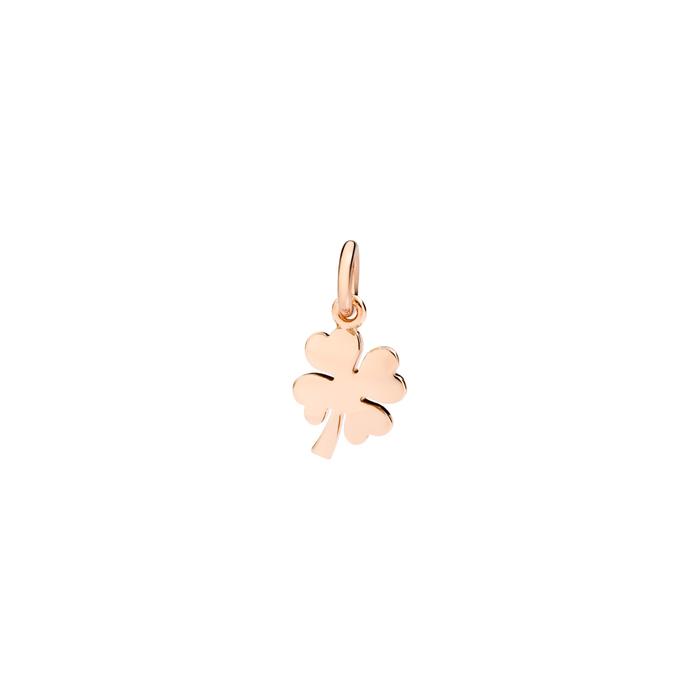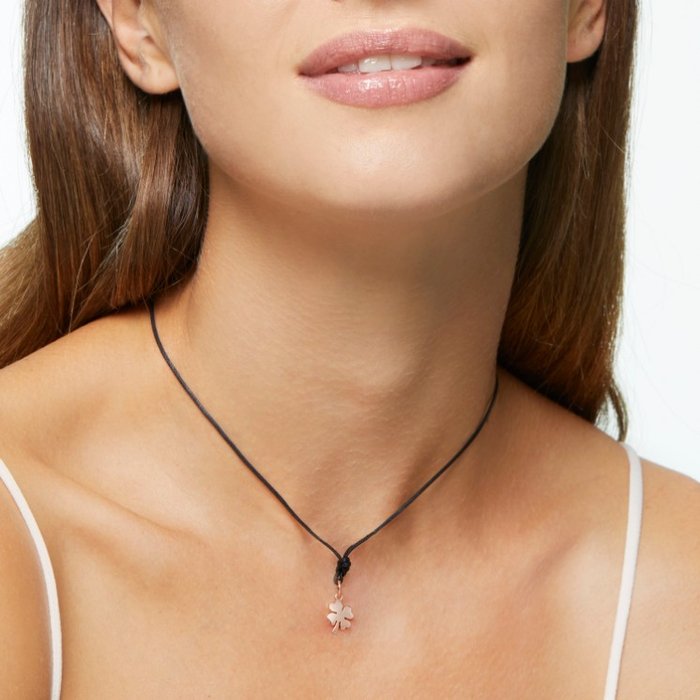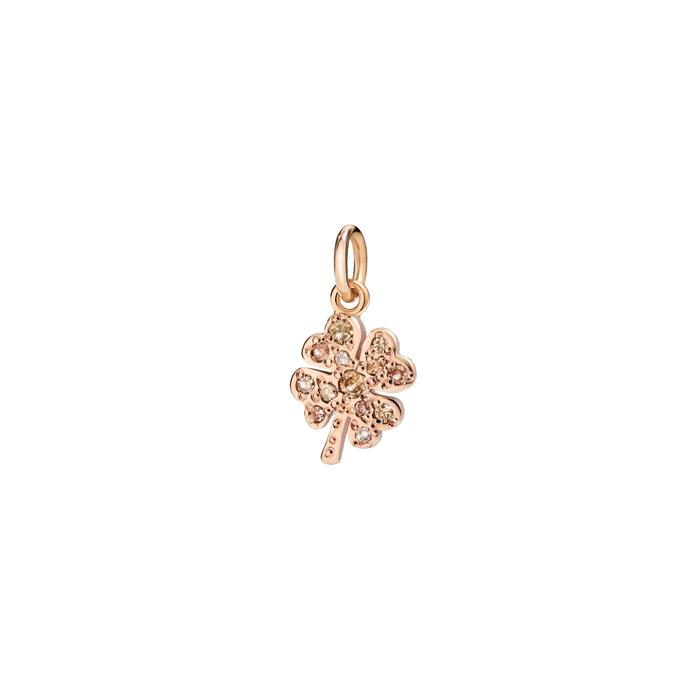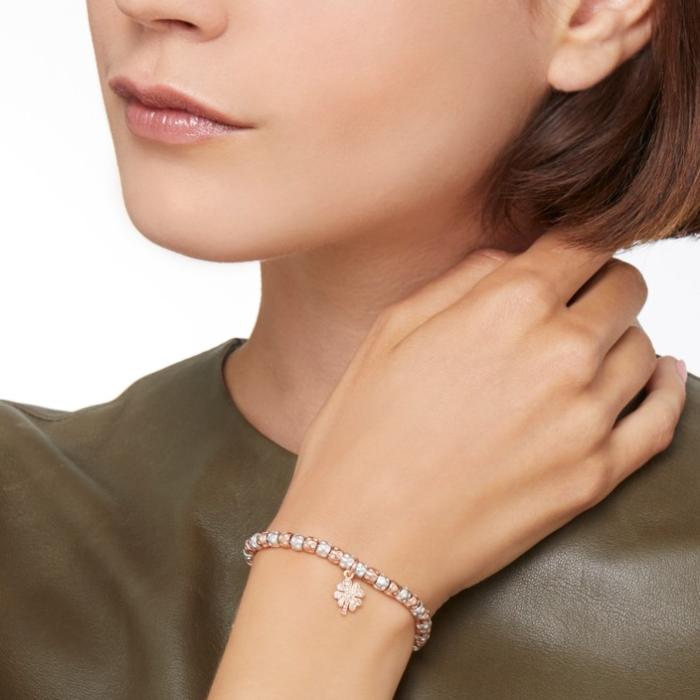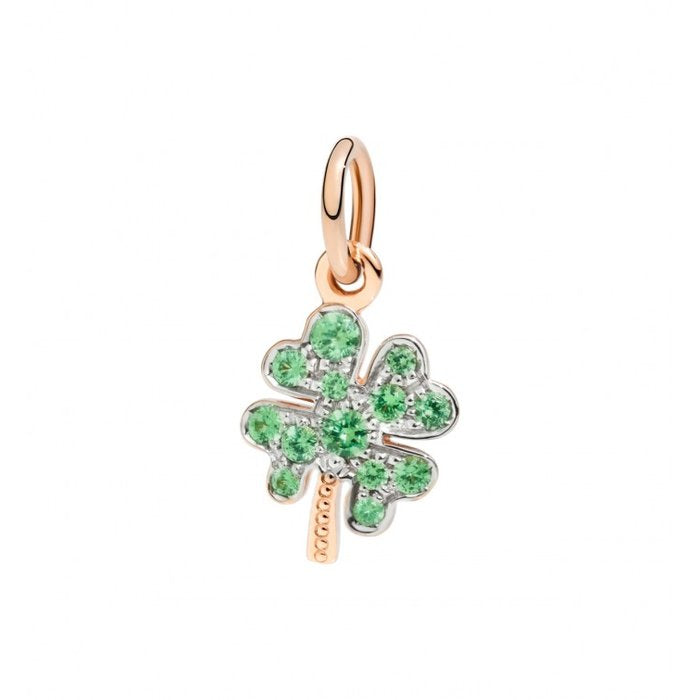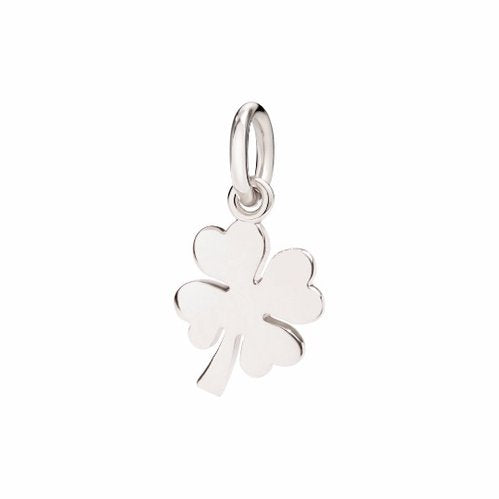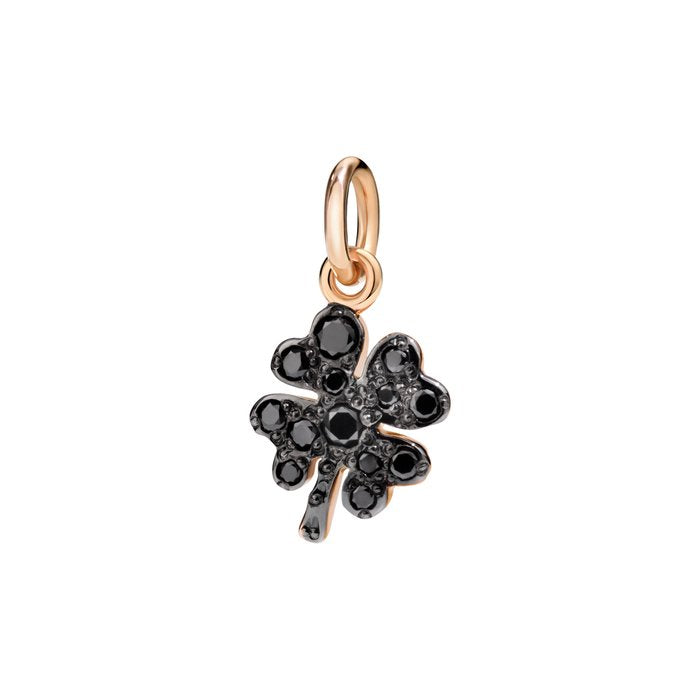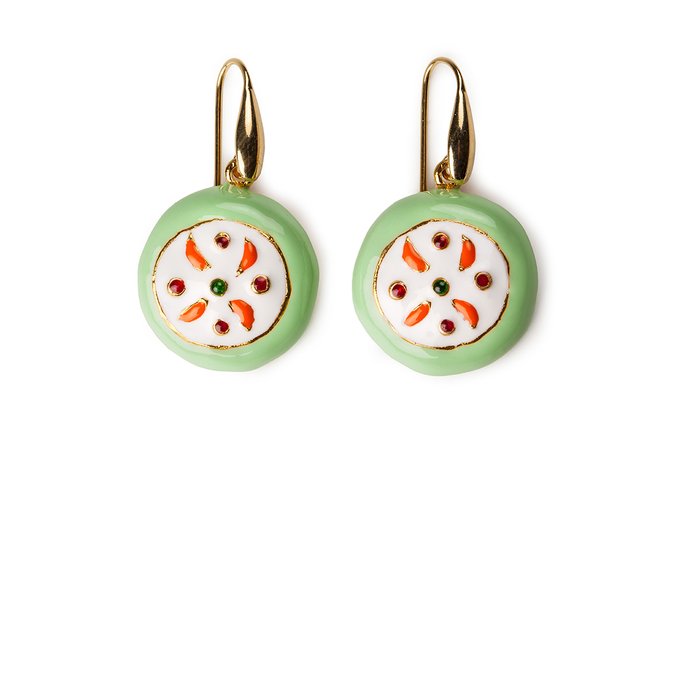
CASSATA
Description
Earrings in 925 silver gold plated and enamel.
Cassata from the Arabic qas'at , “bowl” is a traditional Sicilian cake.
The roots of cassata date back to the Arab domination in Sicily (9th-11th century). The Arabs had introduced sugar cane, lemon, citron, bitter orange, mandarin, and almond to Palermo. Together with sheep's ricotta, which had been produced in Sicily since prehistoric times, all the basic ingredients of cassata were thus gathered together, which at the beginning was nothing more than a shortcrust pastry casing filled with sweetened ricotta and then baked.
The Spanish introduced chocolate and sponge cake to Sicily and during the Baroque period candied fruit was finally added.
Initially, cassata was a product of the great confectionery tradition of the Sicilian nuns and was reserved for the Easter period. A Sicilian proverb says “ Tintu è cu nun mancia a cassata a matina ri Pasqua ” (“Wretched is he who does not eat cassata on Easter morning”).
The roots of cassata date back to the Arab domination in Sicily (9th-11th century). The Arabs had introduced sugar cane, lemon, citron, bitter orange, mandarin, and almond to Palermo. Together with sheep's ricotta, which had been produced in Sicily since prehistoric times, all the basic ingredients of cassata were thus gathered together, which at the beginning was nothing more than a shortcrust pastry casing filled with sweetened ricotta and then baked.
The Spanish introduced chocolate and sponge cake to Sicily and during the Baroque period candied fruit was finally added.
Initially, cassata was a product of the great confectionery tradition of the Sicilian nuns and was reserved for the Easter period. A Sicilian proverb says “ Tintu è cu nun mancia a cassata a matina ri Pasqua ” (“Wretched is he who does not eat cassata on Easter morning”).
Pickup currently unavailable at Barcellona

CASSATA
Barcellona
Pickup currently unavailable
Via Roma 82
98051 Barcellona ME
Italy


CASSATA


